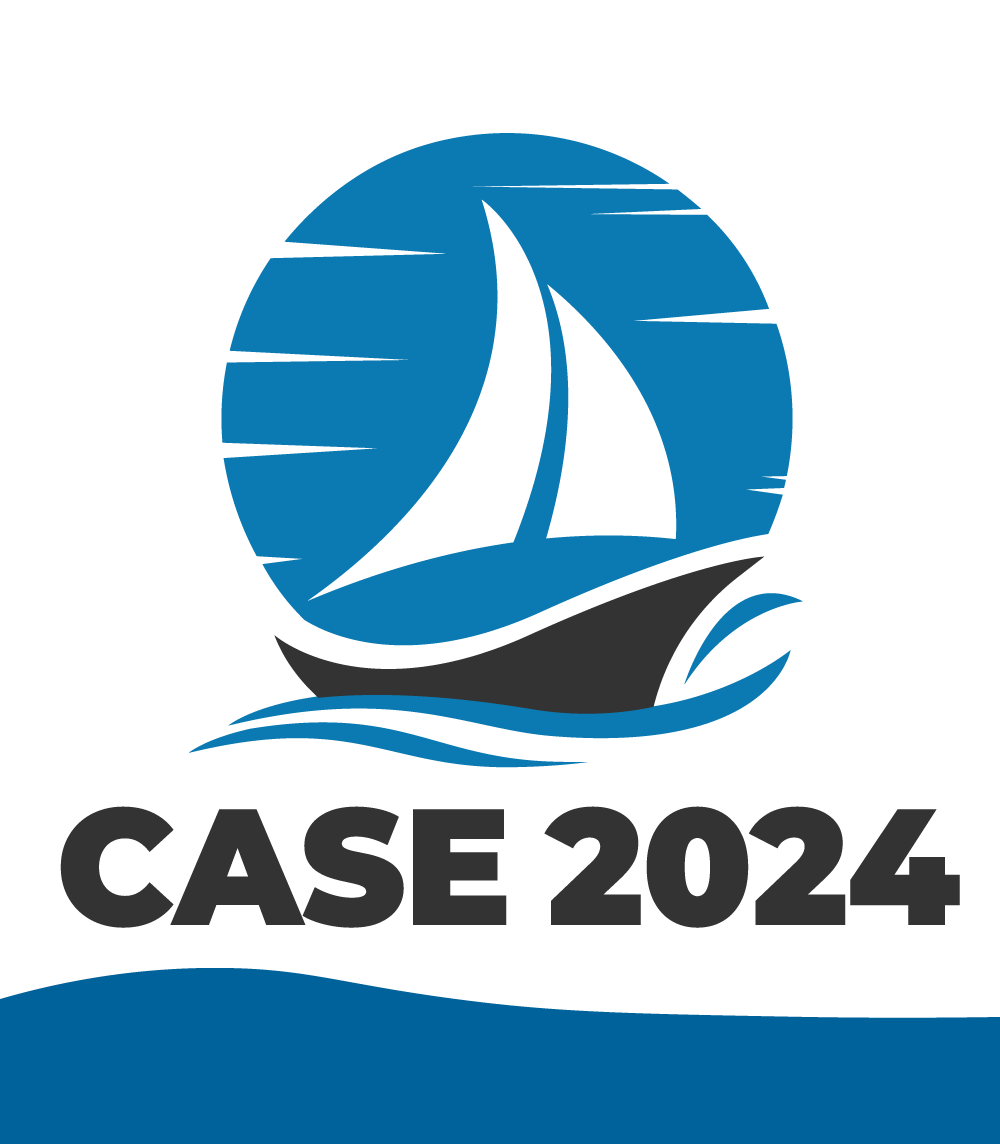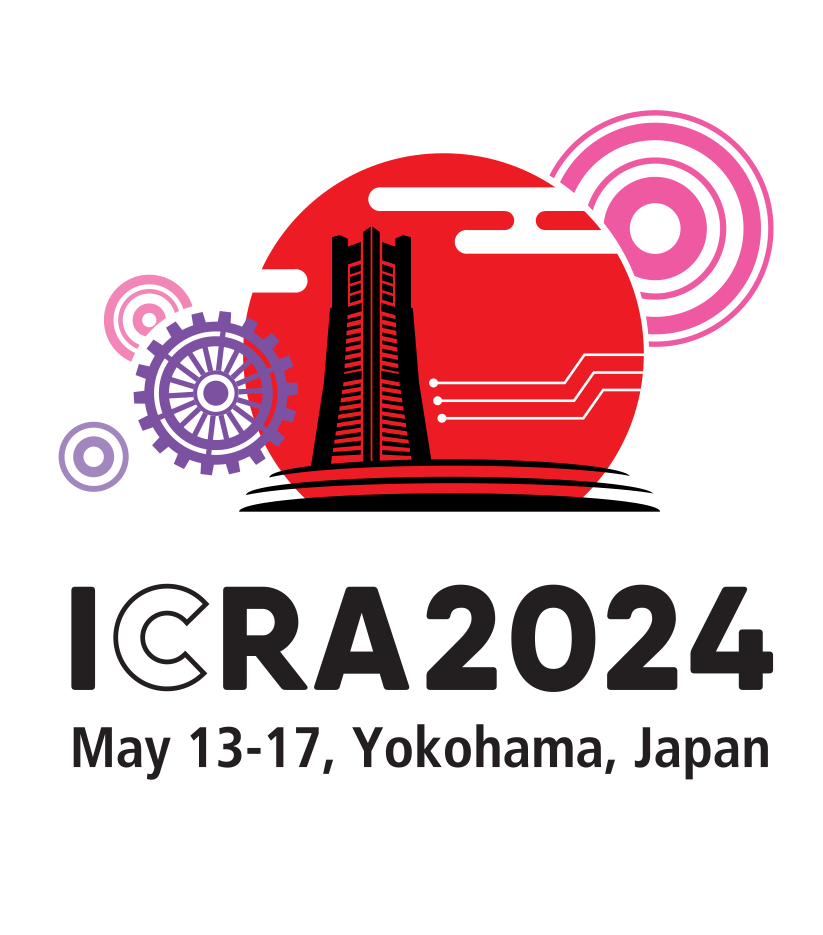RAS TC on Soft Robotics Debate
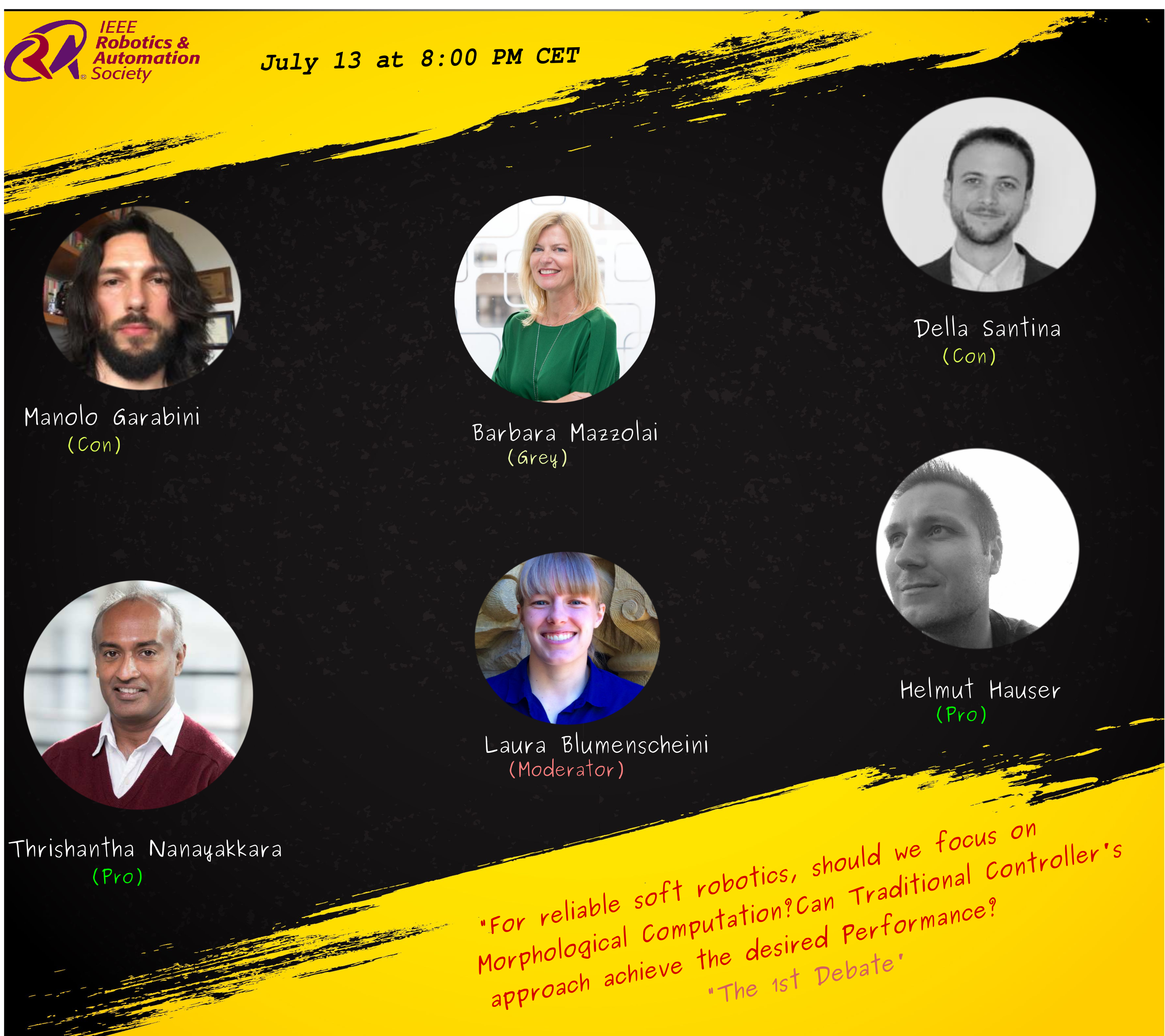
Soft Robotics Debate: “Morphological Contribution vs. Traditional Methods for Control and Planning in Soft Robotics”
WHEN: Monday, 13 July 2020 at 2:00 pm EDT (18:00 GMT)
WHERE: via Webex
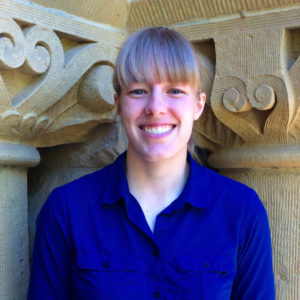
Purdue University, USA
Dr. Laura Blumenschein is an Assistant Professor of Mechanical Engineering at Purdue University. She received her PhD in Mechanical Engineering from Stanford in 2019 under the supervision of Professor Allison Okamura. Her research focuses on soft robots inspired by plants, which grow in order to explore their environments and build structures.
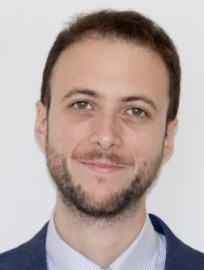
Dr. Cosimo Della Santina
Delft University of Technology (TU Delft), Netherlands
Dr. Cosimo Della Santina is an Assistant Professor at CoR, TU Delft. He received a PhD in robotics (cum laude, 2019), from University of Pisa, Italy. He was a Visiting PhD student and a postdoc (2017 to 2019) of the Computer Science and Artificial Intelligence Laboratory (CSAIL), Massachusetts Institute of Technology (MIT), Cambridge, MA, USA. From 2020, he is affiliated to the German Aerospace Centre (DLR) as external research scientist. For the first six months of the same year he also held a post doc position at the department of Mathematics and Informatics, Technical University of Munich (TUM), Germany. Cosimo has been awarded with EuRobotics Georges Giralt Ph.D. Award (2020), and the “Fabrizio Flacco” Young Author Award of the RAS Italian chapter (2019). He also has been a finalist of the European Embedded Control Institute PhD award (2019). His main research interests include (i) Modelling for Control and Model Based Control of Soft Robots, (ii) Combining Machine Learning and Model Based Strategies with application to soft robotics, (iii) Soft Robotic Hands.
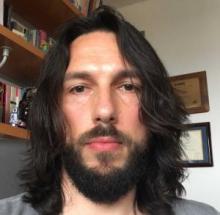
Dr. Manolo Garabini
Panelist - Con
Dr. Manolo Garabini graduated in Mechanical Engineering and received the Ph.D. degree in Robotics from the University of Pisa where he is employed as Assistant Professor. His main research interests are in the design, planning and control of soft and adaptive robots, from single joints, to end-effectors (hands, grippers, feet), to complex multi-dof systems. A part of his activity has been devoted to theoretically demonstrate the effectiveness of soft and adaptive robots in high performance, high efficiency and resilient tasks via analytical and numerical optimization tools. He contributed to the realization of modular Variable Stiffness Actuators. He contributed in the design of the joints and the lower body of the humanoid robot WALK-MAN and participated at the DARPA Robotics Challenge and at a field test in Amatrice, Italy after a disastrous earthquake event. Recently he contributed to the development of an efficient and effective compliance planning algorithms for interaction under uncertainties. Currently he is the Principal Investigator in the THING H2020 EU Research Project for the University of Pisa.

Dr. Helmut Hauser
Panelist - Pro
Dr. Helmut Hauser is a Senior Lecturer (Associate Professor) in Robotics at the University of Bristol and the Bristol Robotics Laboratory. His research is focused on morphological computation and embodiment, especially in the context of soft robotics. He is interested in understanding the underlying principles of how complex physical properties of biological systems are exploited to facilitate learning and controlling tasks, and how these principles can be employed to design better robots. He has published his work in high-impact journals including Science Robotics, Nature Machine Intelligence, and Scientific Reports and he has won various awards at international conferences. He was the project manager of the EU project LOCOMORPH and he participated in a number of other projects like OCTOPUS, SMART-E and NCCR Robotics. He was co-organizer of the 2nd and 3rd international conference on morphological computation and he organized a number of workshops and special issues on the same topic. He is the editor of the e-book “Opinions and Outlooks on Morphological Computation”. He is currently leading the Leverhulme Trust Project “Computing with Spiders’ Webs” and the UKRI Strategic Research Group on Soft Robotics.
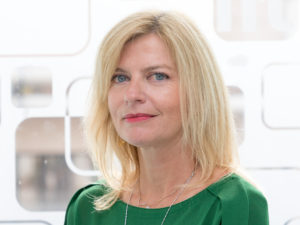
Dr. Barbara Mazzolai
Panelist - Grey
Dr. Barbara Mazzolai is Director of the Center for Micro-BioRobotics since February 16th, 2011, and she was Deputy Director for the Supervision and Organization of the IIT Centers Network from July 2012 to 2017. She has been member of panels of the European Commission within the Seventh Frame Program in the field of Robotics and ICT, and of the Portuguese Foundation for Science and Technology in the field of Environment and Health. She is member of the Editorial Board of Bioinspiration & Biomimetics, Soft Robotics, Biomimetics, Robotics & Automation Letters, and Associated Editor for Frontiers in Bionics and Biomimetics. Her current scientific activity focuses on bioinspired soft robotics, with a particular research interest in merging Biology and Engineering. She is author of more than 180 papers appeared in international journals, books, and conference proceedings.
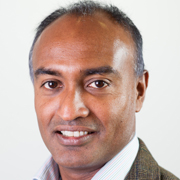
Dr. Thrishantha Nanayakkara
Panelist - Pro
Dr. Thrishantha Nanayakkara is a Reader (associate professor) in Design Engineering and Robotics at Dyson School of Design Engineering (DSDE), Imperial College London , where he is also the Director of the Morph Lab. He has published more than 140 papers in flagship robotics conferences and journals including IEEE transactions on robotics, IEEE Robotics and Automation Letters, RSS, IROS, ICRA, and RoboSoft. TN is in the the UK RAS Strategic Task Group for Soft Robotics, and in the editorial board as an Associate Editor of flagship robotics publications such as IEEE Robotics and Automation Letters (RAL), RSS, ICRA, IROS, RoboSoft, Frontiers in Soft Robotics, and the Journal of Robotics and Mechatronics. He has worked at leading laboratories for robotics and neuromotor control, including the Laboratory for Computational Motor Control, Johns Hopkins University, MIT Computer Science and Artificial Intelligence Lab (CSAIL), and Harvard Neuromotor Control Lab.
The Debate is expected to be approximately 80 minutes long.
Additional questions for the debate panel may be submitted in advance- here.




